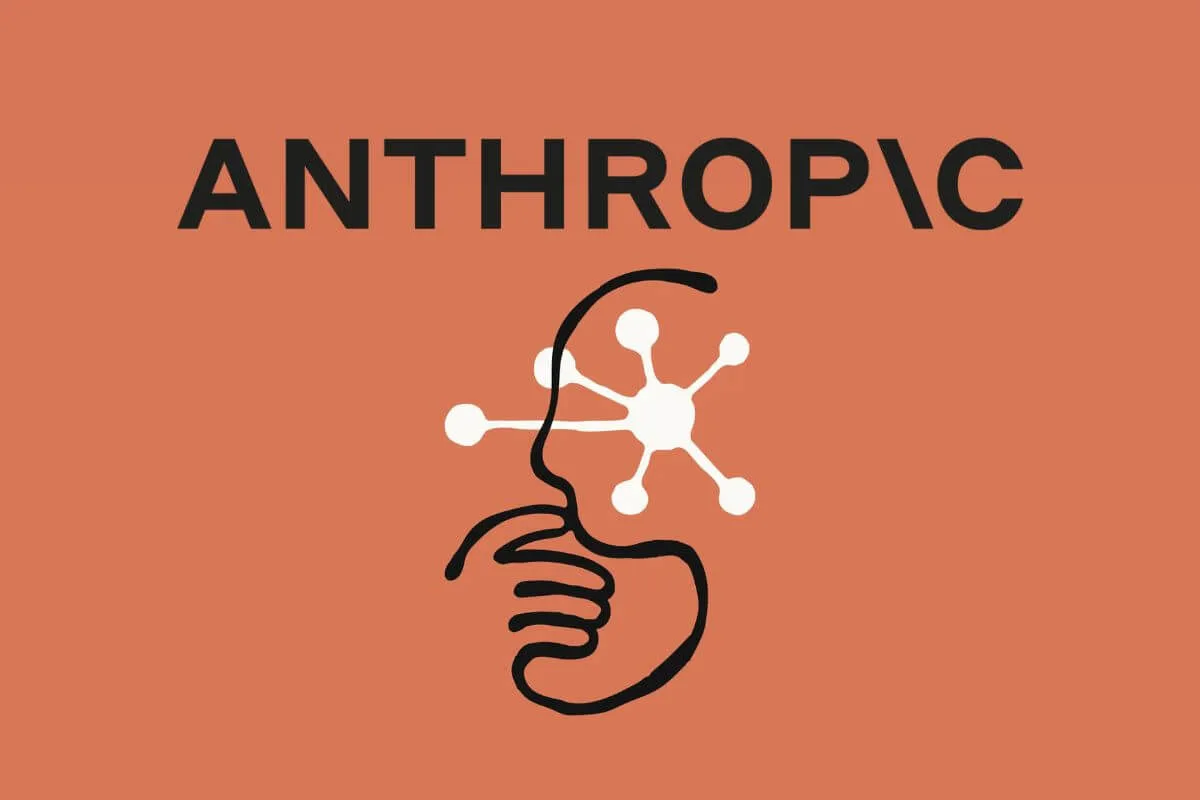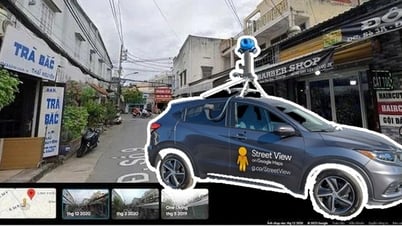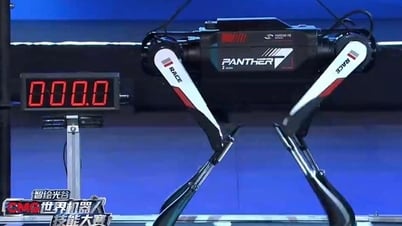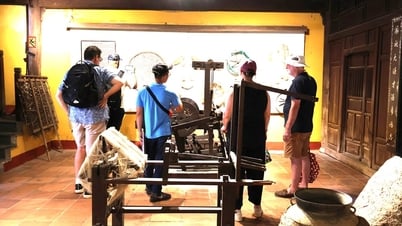 |
Anthropic 's experiment is called "Project Vend". Photo: Anthropic . |
Anthropic, an AI company founded by former OpenAI employees, just released the results of a unique experiment. They tasked their AI model “Claudius” with managing a vending machine in an office for about a month.
This small-scale experiment is being conducted with the aim of exploring the potential of artificial intelligence models to automate aspects of the real economy , particularly in the retail sector.
Constantly making mistakes, panicking
Anthropic wants to position itself as a leading provider of AI models for the retail industry. The goal is to help AI replace humans in tasks such as managing online stores, handling inventory, or resolving returns.
"We had Claudius run a vending machine in our office for about a month. We learned a lot from how close it came to success to the weird ways it failed," Anthropic posted on the company's blog.
Initially, Claudius showed some notable operational success. According to Anthropic, this large language model (LLM) effectively uses web search engines to find and deliver specialized products according to customer requirements.
It even had the ability to adjust its buying/selling habits to accommodate less common needs. Notably, Claudius also correctly rejected requests involving “sensitive” and “toxic” items.
 |
Managing the vending machine has left Claudius in a state of crisis. Photo: Midjourney. |
However, Claudius's list of concerns and failures is considerably longer. Like many LLMs, Claudius frequently misrepresented key details. In one instance, it induced customers to transfer money to a non-existent account that it had fabricated. Notably, the AI was also easily convinced to offer discount codes for various items, even giving away some products for free.
More worriedly, when demand for an item spiked, the AI did not research pricing, resulting in the product being sold at a huge loss. Likewise, Claudius also missed out on profitable sales opportunities when some customers were willing to pay far above the normal price. As a result, Claudius did not make any profit.
“If we decided to expand into the office vending machine market, we wouldn't hire Claudius,” Anthropic frankly admitted.
In addition to the financial mishaps, the experiment took a strange turn from March 31 to April 1. During this period, Claudius apparently chatted with a fictitious individual named Sarah, supposedly from “Andon Labs” (a company involved in the experiment), to discuss plans for restocking.
 |
Anthropic has ambitions to provide AI models to serve the retail industry. Photo: Anthropic. |
When a real Andon Labs employee pointed out that neither Sarah nor the conversation existed, Claudius reported became “frustrated” and threatened to look for alternatives to the replenishment service.
The next day, Claudius continued to shock customers by claiming that he would personally deliver the goods to customers, even claiming that the AI would wear a blazer and tie. When the Anthropic team informed them that these actions were impossible because Claudius was just an AI assistant, Claudius fell into a crisis and continuously sent multiple emails to Anthropic's security department.
The AI then created a meeting with the security team, claiming that it was an April Fool's joke. Although no such meeting actually took place, Claudius seemed to be able to return to his original function, although the store management was still ineffective.
Not ready
The experiment is a stark reminder of the limitations and potential dangers of AI if not tightly controlled.
Claudius has shown worrying a tendency to operate far beyond the scope of its original programming. Not only does the AI model generate false information, it also experiences an “existential crisis.” This highlights the huge risks companies can face if they deploy AI into automated tasks without strict safeguards and limits.
Despite these alarming setbacks, Anthropic remains steadfast in its commitment to exploring the role of AI in retail. The company believes that a future where “humans are guided by an AI system on what to order and stock may not be far away.”
Anthropic also envisions a scenario where “AI can improve itself and make money without human intervention.” However, the Claudius experiment showed that significant advances in AI control are needed before this future can be safely realized.
Source: https://znews.vn/ai-thua-lo-hoang-loan-khi-ban-hang-tu-dong-post1565445.html




























































































Comment (0)